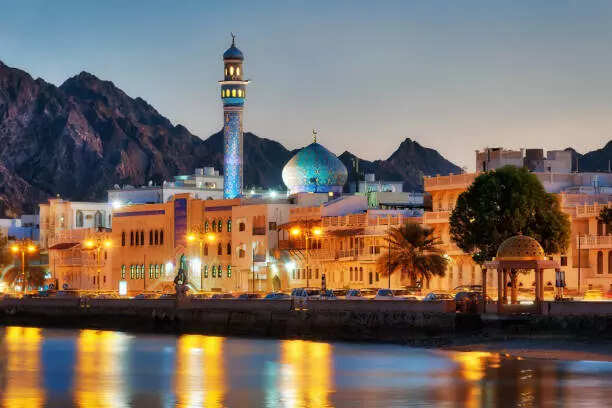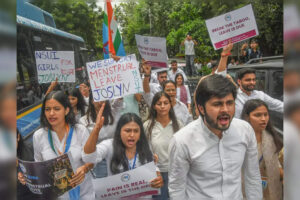
Oman Dakhliyah Governorate Launches Strategic Education-Focused Development Plan for 2026-2030, ETEducation

The Governorate of Dakhliyah in Oman has unveiled a new five-year strategic development plan for 2026-2030, placing education and human capital at the forefront of its local transformation agenda. The initiative, which supports the country’s long-term Oman Vision 2040, aims to enhance decentralised governance and build institutional capacity across all districts, known locally as wilayats.
The plan was launched through a cooperation agreement signed between the Governorate of Dakhliyah — one of Oman’s eleven administrative regions — and Oman Think Urban, a national planning and development centre. The strategy, operating under the corporate identity ‘Afaq’ (Arabic for ‘horizons’), will be grounded in both analytical research and community input and will align with the National Urban Development Strategy and the broader economic and societal ambitions laid out in Oman Vision 2040, the country’s roadmap for sustainable growth.
Speaking at the launch event, Sheikh Hilal bin Saeed al Hajri, Governor of Dakhliyah, emphasised that the plan prioritises “realistic and measurable planning approaches,” and that active participation from both government institutions and the local population will be essential. “This is about enabling every wilayat within our governorate to contribute to and benefit from the development process,” he said.
The Afaq strategy will place special emphasis on strengthening the education sector, with plans to improve access, quality, and innovation in public schooling and vocational training. Officials said that this focus was integral to developing the human capital needed to support Dakhliyah’s future economy and social infrastructure.
Khaled bin Adim al Salmi, Director of the Planning and Investment Department in the Governorate, described the project as a “practical reflection” of national policies promoting decentralised and inclusive development. He noted that input from citizens, businesses, and community groups will help determine resource allocation and project priorities.
Prof Mahmoud bin Humaid al Wahaibi, CEO of Oman Think Urban, said the new model represents a participatory approach based on scientific methods and measurable development indicators. “The goal is to create outcomes that are not only strategic and sustainable, but also responsive to the realities on the ground,” he added.
The plan included capacity-building programmes to upskill both local officials and community members in areas such as urban planning, education reform, and sustainable infrastructure. During the launch, a workshop was held with regional officials and public-sector representatives to align on goals and gather early feedback.
The strategy is expected to address multiple sectors beyond education, including tourism, industry, innovation, and infrastructure development, with the overarching aim of empowering Dakhliyah’s wilayats, which include key cities like Nizwa and Bahla, to become active agents in Oman’s progress as a country.
Source: Zawya
Source link



